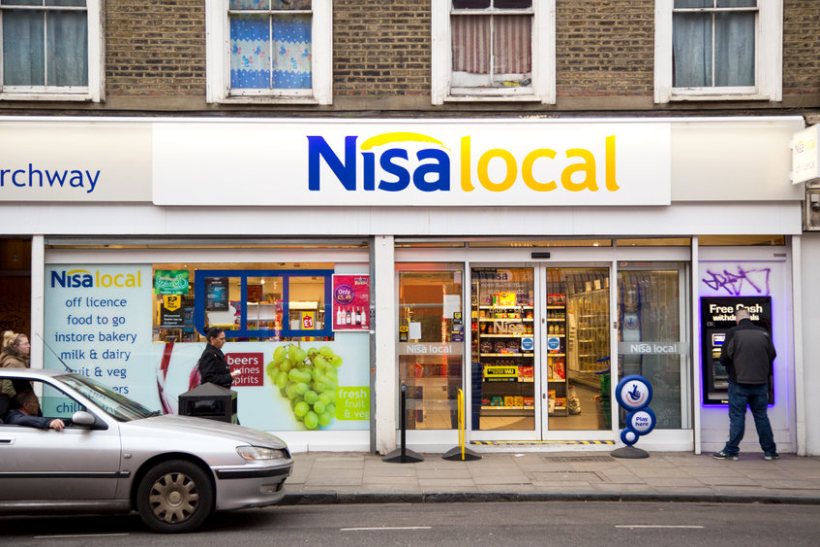
Nisa has gone completely free range on its eggs - three years ahead of the date set by most retailers for abandoning cage eggs.
The convenience store specialist is believed to be the first in the wholesale sector to make the cage-free switch.
The group, which was founded in 1977, was bought by the Co-op in 2018 and its switch over to free range eggs brings Nisa into line with its parent company.
“We are really proud to announce that we have made this commitment which is in line with the growing public desire for more ethically sourced products,” said Darren Hamilton, wholesale category controller.
“All major retailers have committed to remove caged eggs from their ranges by 2025 with more than 71 per cent of eggs currently sold in the retail sector already free range.
“By moving early, we are giving Nisa partners the opportunity to meet the demands of customers and capture the increasing desire to buy eggs this way.”
The change came into effect at the beginning of the year and means all eggs available through the Nisa network, both via depot and direct to store suppliers, will be free range. All Co-op own-brand eggs are already free range.
Nisa said that, to ensure partners had the best range available to them, it was making a significant investment in margin to support the transition of retailers to the new free range products.
Compassion in World Farming (CIWF) recently published its latest annual report into the progress of cage-free - EggTrack - and it says there have been significant strides in the last year, crowned by the European Commission vote in June to phase out cages for all farm animals across the continent by 2027.
The report also pointed to progress in the United Kingdom where CIWF reported that nearly 60% of the UK’s 42 million bird laying hen flock was now cage-free - almost a two percent increase from 2019.
